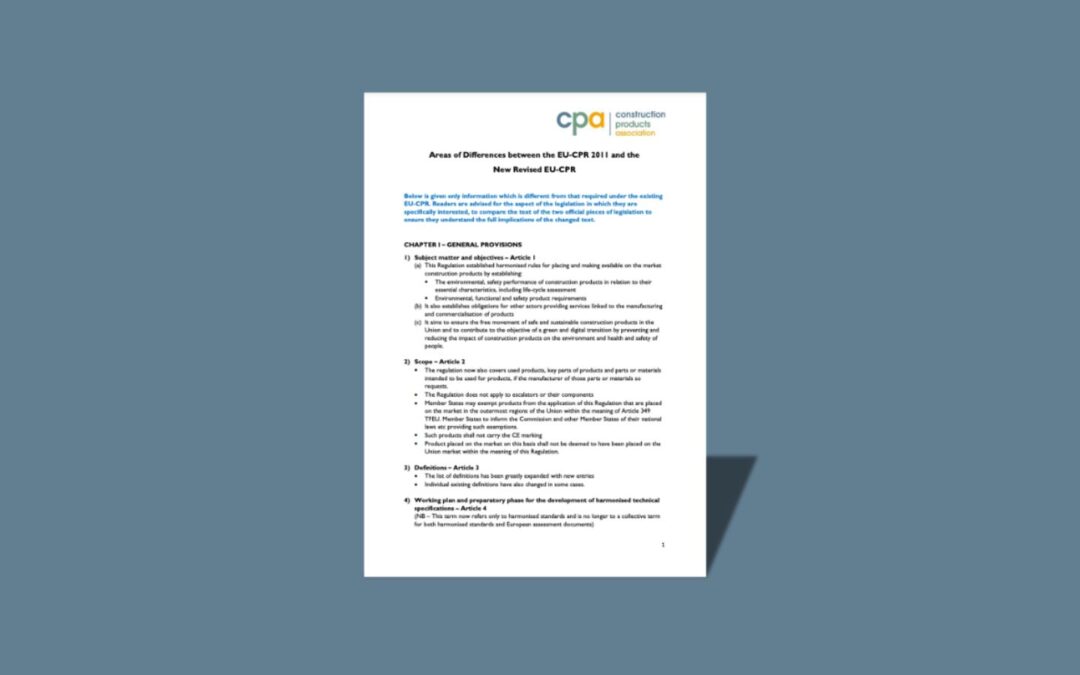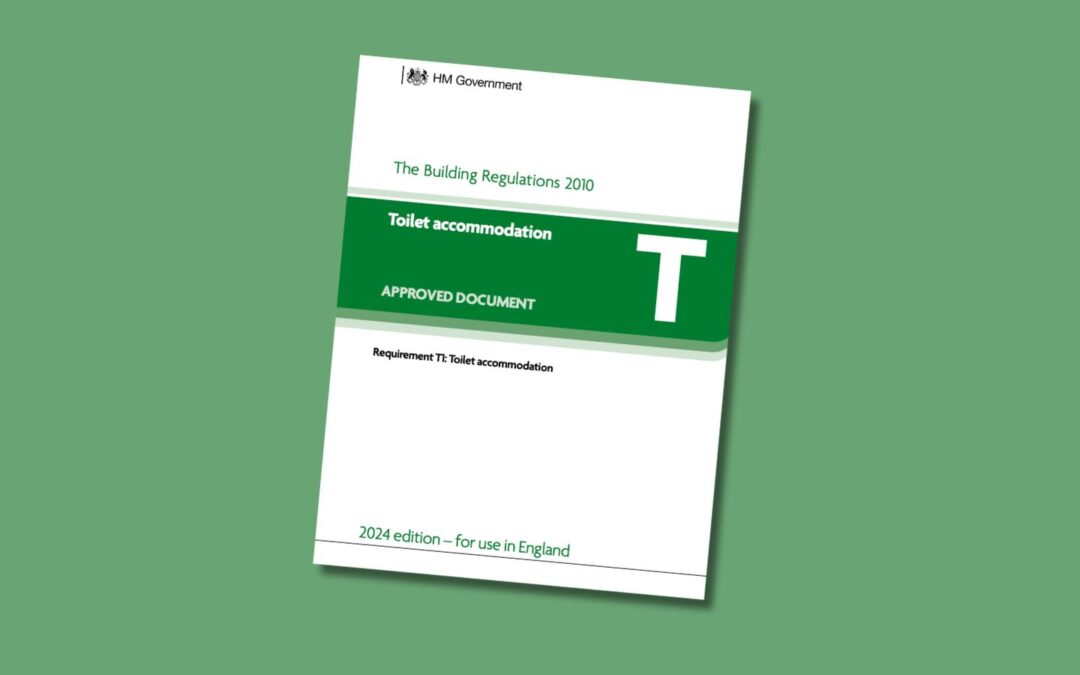
FIS announces new partnership with UK Asbestos Training Association (UKATA)
FIS is thrilled to announce a new partnership with UKATA, a leading authority in asbestos training. This partnership solidifies the collaboration between the two organisations and aims to further enhance the education and training opportunities related to asbestos across the construction and interiors sectors.
This new relationship reflects the commitment of both organisations to work closely together in advancing asbestos awareness and safety measures across the industry. By combining their expertise, resources, and industry knowledge, UKATA and FIS intend to strengthen efforts to prevent asbestos-related diseases and ensure the highest standards of safety in asbestos management.
Debbie Nixon, UKATA Senior Operations Manager expressed her excitement about the partnership saying,
“We are delighted to formalise our collaboration with the Finishes and Interiors Sector, and I look forward to contributing to our collective efforts to raise awareness about the dangers of asbestos.”
Iain McIlwee, Chief Executive of FIS commented,
‘Asbestos has slipped out of the headlines a bit in recent times, but we cannot get complacent. It is true that usage has been banned since the turn of the century, but it was so widely used historically that we will continue to encounter it in refurbishment works for many, many years to come. If disturbed and inappropriately managed, it is a killer and one of the worst we have known in construction – there is no safe level of exposure. It is critical that construction workers know how to identify and react when they encounter asbestos, not just for their own safety, but for all those around them. This new partnership is about ensuring that the next generation of construction workers have access to the training they need and are not at risk from decisions made in the past and eminently avoidable mistakes that ignorance and complacency may allow today’.
Both UKATA and FIS share a common commitment to asbestos awareness, training, and safety.





